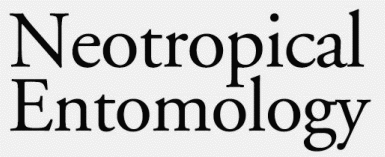The objective of this work was to evaluate the Brevipalpus phoenicis (Geijskes) settling capacity on common species of hedge and windbreak plant species as well as weeds normally found around or in citrus orchards. The study was conducted in laboratory and greenhouse, using 11 plant species (treatments): Hibiscus sp., Malvaviscus mollis, Grevillea robusta, Mimosa caesalpiniaefolia, Bixa orellana, Euphorbia splendens, Bidens pilosa, Commelina benghalensis, Sida cordifolia, Ageratum conyzoides and Citrus sinensis. A completely randomized block design was used, with five replicates. For each experimental unit composed of one plant in a pot, 100 females of B. phoenicis were transferred from a lab rearing. Evaluation was carried out 45 days after transference of the mites to the weeds and 60 days after their transference to the hedge and windbreak plant species. Leaves were cut for evaluation of the totals of development stages. Counts were transformed in ln(x+5) and analyzed by means of F test. The results were compared using Tukey test (P < 0.05). The most favorable hedge and windbreak plant species for the development of mites, in decreasing order, were: M. mollis (6,342 mites), Hibiscus sp. (2,546), B. orellana (2097), G. robusta (1,485), and M. caesalpiniaefolia (776). No mites were found on E. splendens. Regarding the weeds, the results were: B. pilosa (2,238), C. benghalensis (920), S. cordifolia (738), and A. conyzoides (684). In C. sinensis, 3,116 mites were found. Except for E. splendens, all plant species were shown favorable to the B. phoenicis population growth. The presence of these plants in citrus orchards can represent a threat to the crop.
Mite; leprosis; citrus; host plant


